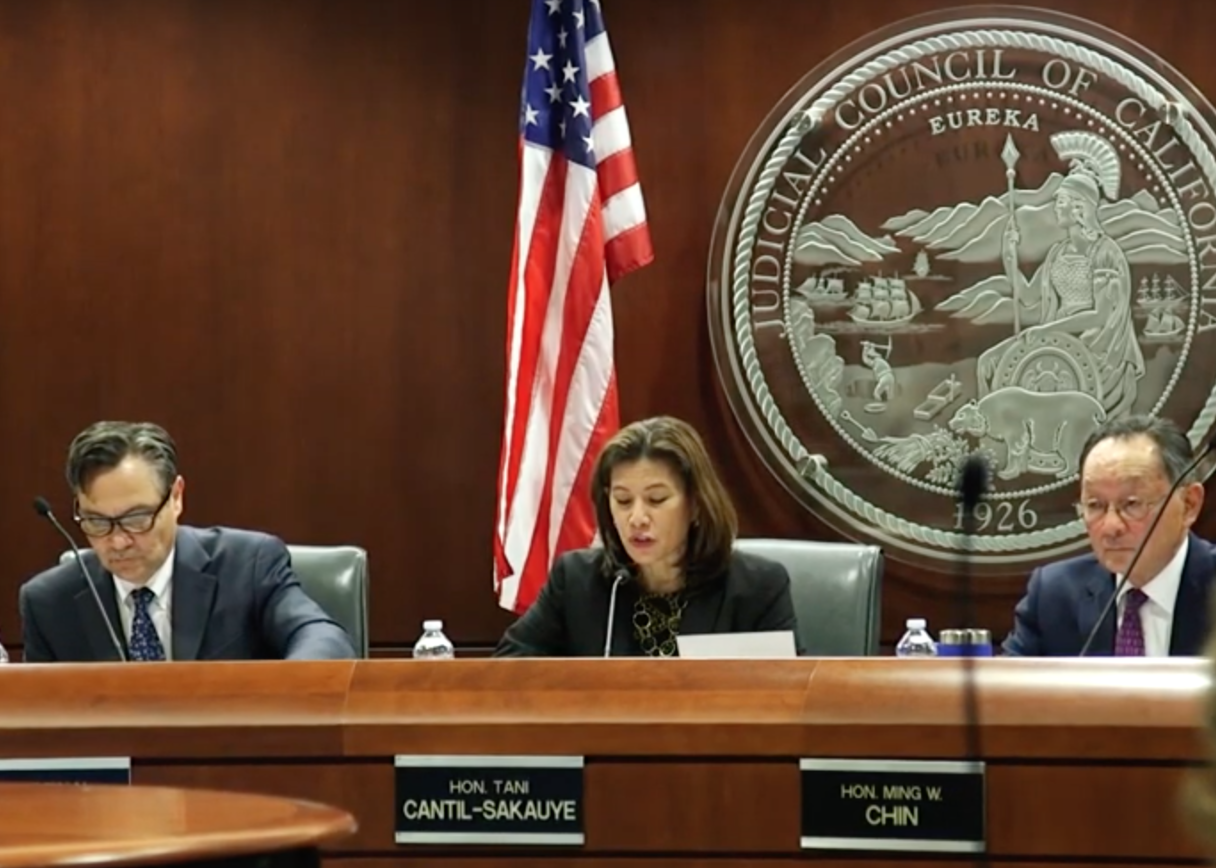A group of California judges and other jurists has recommended that millions of dollars be invested in pretrial reform efforts in 16 courts, in order to implement or expand their use of risk assessment tools when determining the conditions of a defendant’s release. Pretrial decision-making is a key area of criminal justice reform—but statisticians and legal scholars are not convinced that actuarial risk-assessment tools, which frequently use racially-biased data, are the path forward
On August 5, the Pretrial Reform and Operations Workgroup published a report advising the Judicial Council of California to approve funding of $68 million for pretrial pilot programs in Los Angeles and Alameda County (which includes Oakland), among other jurisdictions. A key element of these pilot programs will be applying risk assessment tools to all defendants who are eligible for bail.
Drawing from large volumes of data derived from criminal records and arrest incidents, risk assessment tools use mathematical formulae to estimate the likelihood of whether a defendant will be arrested again or miss their court appearance. But using such data to determine future outcomes could simply reproduce the racial biases built into past policing patterns.
When applied in Broward County, Florida, these tools “frequently misidentified Black defendants as “future criminals” and mislabeled white defendants as “low risk,” according to a groundbreaking 2016 ProPublica report.
In July 2019, researchers at MIT Media Lab and Harvard Law School sent a letter to judges in Missouri denouncing the use of risk assessments in the state, as Filter reported. The researchers also wrote to the Judicial Council of California and members of the Los Angeles government, warning them that the tools slated for use in their respective programs “suffer from serious methodological flaws that undermine their accuracy and effectiveness,” and “do not increase the likelihood of better pretrial outcomes, much less guarantee them.”
The Workgroup does seem to be aware of such critiques of pretrial risk assessments. One of the program goals listed in its report is to “Assess any disparate impact or bias that may result from the implementation of these projects in order to better understand and reduce biases based on race, ethnicity, and gender in pretrial release decision-making.”
The Judicial Council is meeting on August 9 to approve the funding.
Screenshot of members of The Judicial Council of California, via Youtube





Show Comments